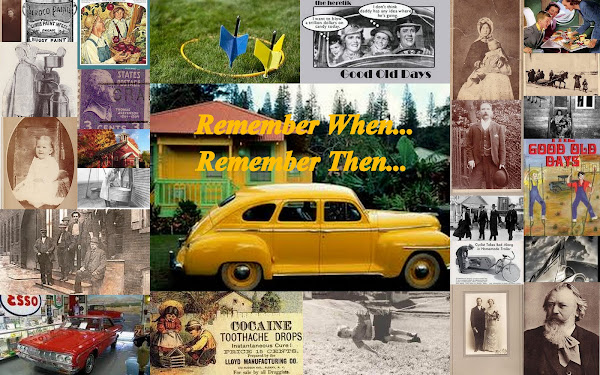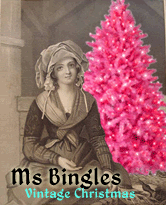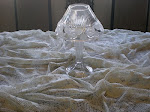A cross, left near Ypres in Belgium in 1999, to commemorate the site of the Christmas Truce in 1914. The text reads: “1914 The Khaki Chum’s Christmas Truce 1999 85 Years Lest We Forget.”
Dec. 25, 1914
The Christmas Truce
The following story (and variants thereof) are being sent via email to people the world over. It may sound like an urban legend but according to Snopes and other reliable sources, it is absolutely true. From Snopes:
“SILENT NIGHT, HOLY NIGHT”
During World War I, in the winter of 1914, on the battlefields of Flanders, one of the most unusual events in all of human history took place. The Germans had been in a fierce battle with the British and French. Both sides were dug in, safe in muddy, man-made trenches six to eight feet deep that seemed to stretch forever.
All of a sudden, German troops began to put small Christmas trees, lit with candles, outside of their trenches. Then, they began to sing songs. Across the way, in the “no man’s land” between them, came songs from the British and French troops. Incredibly, many of the Germans, who had worked in England before the war, were able to speak good enough English to propose a “Christmas” truce.
The British and French troops, all along the miles of trenches, accepted. In a few places, allied troops fired at the Germans as they climbed out of their trenches. But the Germans were persistent and Christmas would be celebrated even under the threat of impending death.
According to Stanley Weintraub, who wrote about this event in his book, Silent Night, “signboards arose up and down the trenches in a variety of shapes. They were usually in English, or – from the Germans – in fractured English. Rightly, the Germans assumed that the other side could not read traditional gothic lettering, and that few English understood spoken German. ‘YOU NO FIGHT, WE NO FIGHT’ was the most frequently employed German message. Some British units improvised ‘MERRY CHRISTMAS’ banners and waited for a response. More placards on both sides popped up.”
A spontaneous truce resulted. Soldiers left their trenches, meeting in the middle to shake hands. The first order of business was to bury the dead who had been previously unreachable because of the conflict.
Then, they exchanged gifts. Chocolate cake, cognac, postcards, newspapers, tobacco. In a few places, along the trenches, soldiers exchanged rifles for soccer balls and began to play games.
It didn’t last forever. In fact, some of the generals didn’t like it at all and commanded their troops to resume shooting at each other. After all, they were in a war. Soldiers eventually did resume shooting at each other. But only after, in a number of cases, a few days of wasting rounds of ammunition shooting at stars in the sky instead of soldiers in the opposing army across the field.
For a few precious moments there was peace on earth good will toward men. All because the focus was on Christmas. Happens every time. There’s something about Christmas that changes people. It happened over 2000 years ago in a little town called Bethlehem. It’s been happening over and over again down through the years of time. God willing, it will happen again...
Just after midnight on Christmas morning, the majority of German troops engaged in World War I cease firing their guns and artillery and commence to sing Christmas carols. At certain points along the eastern and western fronts, the soldiers of Russia, France, and Britain even heard brass bands joining the Germans in their joyous singing.
At the first light of dawn, many of the German soldiers emerged from their trenches and approached the Allied lines across no-man's-land, calling out "Merry Christmas" in their enemies' native tongues. At first, the Allied soldiers feared it was a trick, but seeing the Germans unarmed they climbed out of their trenches and shook hands with the enemy soldiers. The men exchanged presents of cigarettes and plum puddings and sang carols and songs. There was even a documented case of soldiers from opposing sides playing a good-natured game of soccer.
The so-called Christmas Truce of 1914 came only five months after the outbreak of war in Europe and was one of the last examples of the outdated notion of chivalry between enemies in warfare. In 1915, the bloody conflict of World War I erupted in all its technological fury, and the concept of another Christmas Truce became unthinkable.




































No comments:
Post a Comment